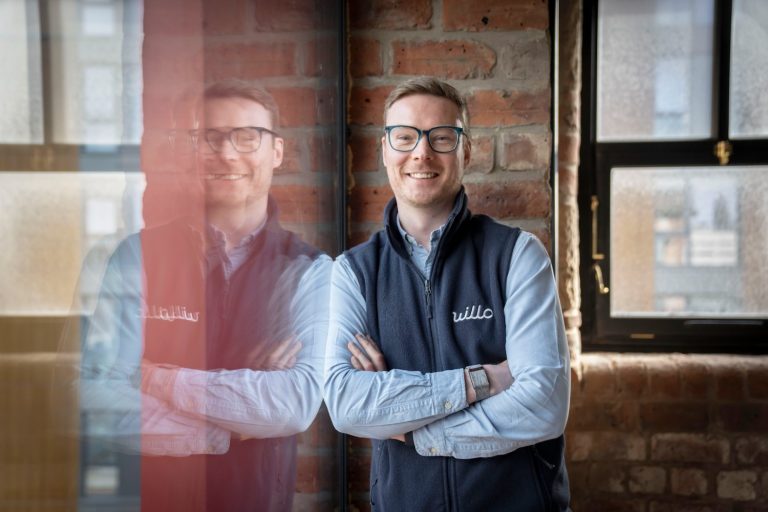A new study by global video interviewing platform Willo has unveiled how artificial intelligence (AI) is set to transform recruitment processes worldwide. The research, titled “Hiring Humans,” explores the impact of AI on hiring practices and provides a blueprint for how companies can implement the technology ethically and effectively.
The report, which involved interviews with talent acquisition leaders from start-ups to Fortune 500 companies, reveals that AI’s integration into hiring has become a key priority for businesses. The study highlights that candidates now expect employers to adopt AI technology, and companies that fail to do so could risk being viewed as outdated.
According to the research, nearly 80% of talent acquisition leaders anticipate using AI in their recruitment processes in the near future. However, nearly half of those surveyed (45.2%) believe its use should be approached cautiously to avoid unintended consequences, such as bias.
Euan Cameron, co-founder and CEO of Willo, explained that while organisations initially resisted AI in recruitment, the narrative has shifted, and now the question is not whether to use AI but how to implement it ethically. “Conversations with our clients have evolved to focus on how AI can be incorporated into talent acquisition to enhance hiring outcomes, improve efficiency, and deliver a better candidate experience,” Cameron said.
The research outlines several key issues concerning AI’s role in hiring, including its potential to streamline processes, reduce biases, and offer deep insights into candidate performance. Cameron noted that AI enables companies to scale recruitment activities in ways that were previously impossible with human input alone. “AI can improve efficiency and productivity, but it also offers far-reaching benefits such as delivering hiring actions at a scale unimaginable before,” he added.
The study also found that AI has already rendered some traditional assessment tools, such as verbal reasoning tests, less effective. A study by Arctic Shores showed that ChatGPT outperformed 98.8% of human candidates in these assessments, prompting experts to call for a shift in how talent is evaluated. Instead of focusing on easily replicable skills, recruiters are being urged to prioritise critical thinking, time management, and collaboration skills.
Despite AI’s increasing role in recruitment, the study stresses the need for balance. Human oversight is essential to prevent biases from creeping into automated processes and to ensure candidates are treated fairly. Willo’s research provides a six-step guide for companies to ensure AI is implemented ethically and effectively, helping them strike this balance.
The report draws insights from experts including Luke Smith from Toyota GB, Iliana Oris Valiente from Accenture Canada, and Lydia Wu from MeBeBot. Together, they provide guidance on how to blend AI with human judgement to create a fairer, more efficient hiring process.
Willo, which operates in 195 countries and is expected to grow by 300% by 2025, says AI will be a crucial factor in helping it scale to meet its goal of completing over one million video interviews per month. To download Hiring Humans, click here For more information on Willo, visit willo.video.



